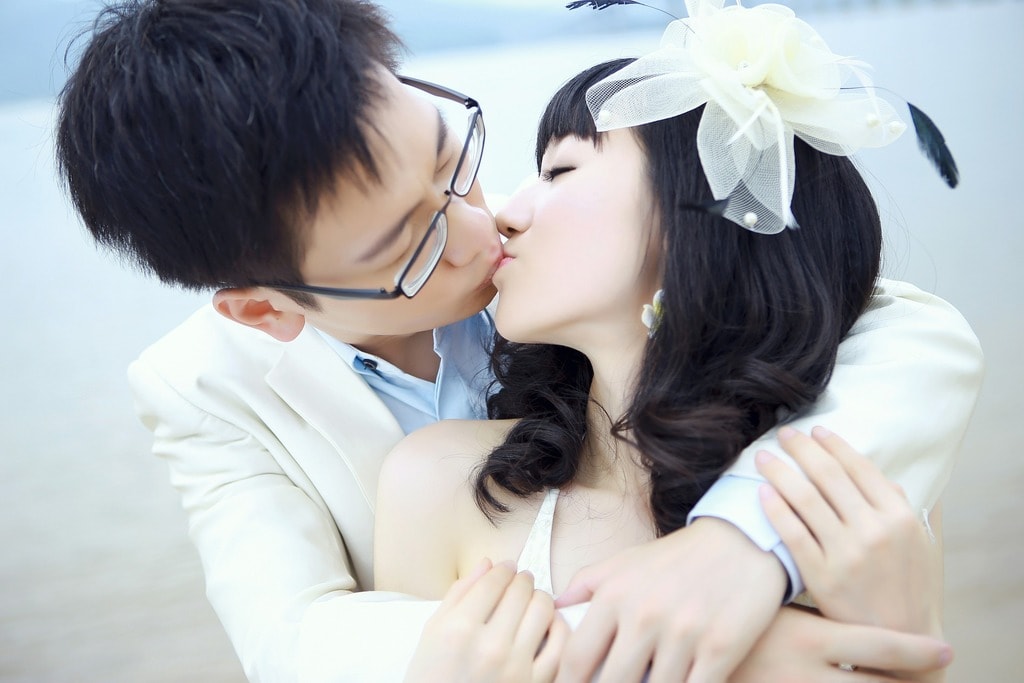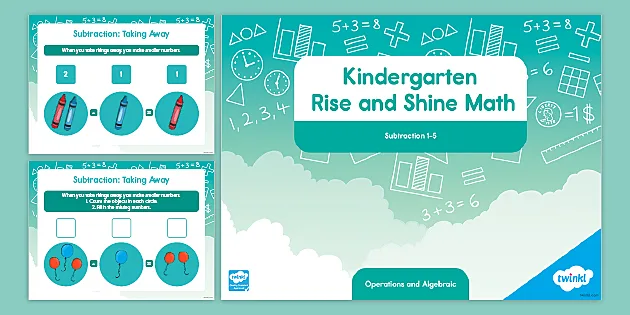Learning about the traditions and vocabulary associated with Chinese holidays is a great way to build up your knowledge of Chinese. Through traditional stories and food, you can immerse yourself in Chinese culture. By learning the words and phrases relevant to the holidays, you expand your Chinese vocabulary. You can also use your knowledge of Chinese holidays to build relationships and socialize with your Chinese co-workers and friends.
For everyone who wants to learn more about one of China’s holidays dedicated to love and romance, in this post we’ll go over the Qixi Festival, also known as Chinese Valentine’s Day.
What is the Qixi Festival?
The Qixi Festival is a holiday that occurs on the seventh day of the seventh lunar month. The double sevens in the date are easy to remember since the characters in “七夕节” (Qixi Festival) literally translate to “seven,” “evening,” and “festival.”
In 2021, the Qixi Festival falls on Saturday, August 14th.
According to tradition, the Qixi Festival celebrates the romantic annual union of the mythical characters Niulang (牛郎) and Zhinü (织女). The two are literally star-crossed lovers, as the myth finds its astrological parallel in the stars Vega (which symbolizes Zhinü) and Altair (which symbolizes Niulang).
In the legend, Niulang is a poor cowherd. Meanwhile, Zhinü is the seventh daughter of the Jade Emperor and the Goddess of Heaven. When Zhinü goes to Earth to escape the boredom of heaven, she meets Niulang. They fall in love, get married, and have two children.
When Zhinü’s mother, the Goddess of Heaven, learns of Zhinü’s life on Earth, she becomes furious and brings Zhinü back to heaven. To find Zhinü, a heartbroken Niulang carries himself and his two kids to heaven using the magical skin of his ox. Once they reach heaven, the Goddess of Heaven forms a great river—the Milky Way—to separate Niulang and Zhinü forever.
Magpies, taken by the subsequent grief of Niulang and his children, decide to help. They fly into heaven and form a bridge over the river. The Goddess of Heaven, now also moved by Niulang and Zhinü’s love, allows the couple to meet on the Magpie Bridge on the seventh day of the seventh lunar month each year.
How Do You Celebrate the Qixi Festival?
The Qixi Festival has roots that go back at least 2,000 years, and in the originally named “Qiqiao Festival,” the major focus of the holiday was on girls praying for wisdom, a good marriage, and domestic skills. Girls made offerings and played traditional contests and games. They could also gather at someone’s home to honor Zhinü together; they would then spend the night chatting while eating peanuts and melon seeds.
Other traditional treats eaten during the Qixi Festival vary by region, and symbolic foods can range from dumplings to nuts to bean sprouts. Qiaoguo (巧果) is the main dish associated with the holiday. Qiaoguo is a fried thin pastry that’s been molded into elaborate decorative designs. These can then be threaded together with a red string.
In terms of taboos, Qixi Festival traditions dictate that there are some things that you shouldn’t do during Qixi. Chinese people believe you shouldn’t get married during the Qixi Festival because it implies that you will be separated like Zhinü and Niulang. In honor of the magpies in the myth, you shouldn’t eat birds. You might also avoid beef in honor of the ox. And, since Qixi is supposed to be a happy occasion, you shouldn’t put a damper on the mood in any way.
Nowadays, the Qixi Festival is celebrated much like Valentine’s Day in the West. Gifts of flowers, chocolates, and cards are common, while couples will spend time together during romantic dinners and dates. If it rains during the Qixi Festival, the rain symbolizes the tears of Zhinü and Niulang having to separate.
Essential Vocabulary for Chinese Valentine’s Day
To participate in Qixi Festival celebrations, you should have some useful love words in Chinese at your disposal. The list below will help you talk about love in Mandarin and wish others a Happy Valentine’s Day in Chinese. To take advantage of the best way to learn Chinese characters, learn these expressions with Hack Chinese.
| Chinese | Pinyin | English | Notes |
| 七夕节 | Qīxìjié | Qixi Festival | |
| 七夕节快乐! | Qīxìjié kuàilè! | Happy Qixi Festival! | |
| 牛郎 | Niúláng | Niulang (The Cowherd) | |
| 织女 | Zhīnǚ | Zhinü (The Weaver Girl) | |
| 牛郎星 | Niúlánɡxīnɡ | Altair (star) | |
| 织女星 | Zhīnǚxīnɡ | Vega (star) | |
| 牛郎织女 | niúlánɡ-zhīnǚ | lovers who have to live in two different places | also refers to the myth |
| 情人节 | Qíngrénjié | Valentine’s Day | |
| 情人节快乐! | Qíngrénjié kuài lè! | Happy Valentine’s Day! | |
| 美女 | měinǚ | beautiful woman | |
| 帅哥 | shuàiɡē | attractive young man | |
| 女朋友 | nǚpénɡyou | girlfriend | |
| 男朋友 | nánpénɡyou | boyfriend | |
| 你有女朋友吗?/你有男朋友吗? | Nǐ yǒu nǚpéngyou ma? / Nǐ yǒu nánpéngyou ma? | Do you have a girlfriend? / Do you have a boyfriend? | |
| 我单身。 | Wǒ dānshēn. | I’m single. | |
| 我已经结婚了。 | Wǒ yǐjīng jiéhūnle. | I’m married. | |
| 恋人 | liànrén | sweetheart | |
| 情人 | qínɡrén | lover | |
| 调情 | tiáoqíng | to flirt | |
| 约会 | yuēhuì | to go on a date | |
| 牵手 | qiānshǒu | to hold hands | |
| 拥抱 | yōnɡbào | to hug | |
| 亲吻 | qīnwěn | to kiss | |
| 我喜欢你。 | Wǒ xǐhuān nǐ. | I like you. | |
| 我想你。 | Wǒ xiǎng nǐ. | I miss you. | |
| 我爱你。 | Wǒ ài nǐ. | I love you. | |
| 520 | wǔ’èrlíng | (internet slang) I love you. | “wǔ’èrlíng” (520) sounds like “wǒ ài nǐ” (我爱你). |
Conclusion
With Hack Chinese’s spaced repetition platform, you can learn vocabulary in an effective and seamless manner. For the Qixi Festival, you can create a custom list of vocabulary in your Hack Chinese profile to make sure you always remember how to write “love” in Chinese characters.
Once you’re equipped with the above knowledge and vocabulary, you can get out and practice your Chinese skills while celebrating the Qixi Festival. Eat some qiaoguo with your friends or participate in online discussions about Zhinü and Niulang from the Qixi Festival story. Who knows what the stars will have in store for you this Qixi Festival? Maybe you’ll even get to practice using some Chinese love sayings this holiday.



